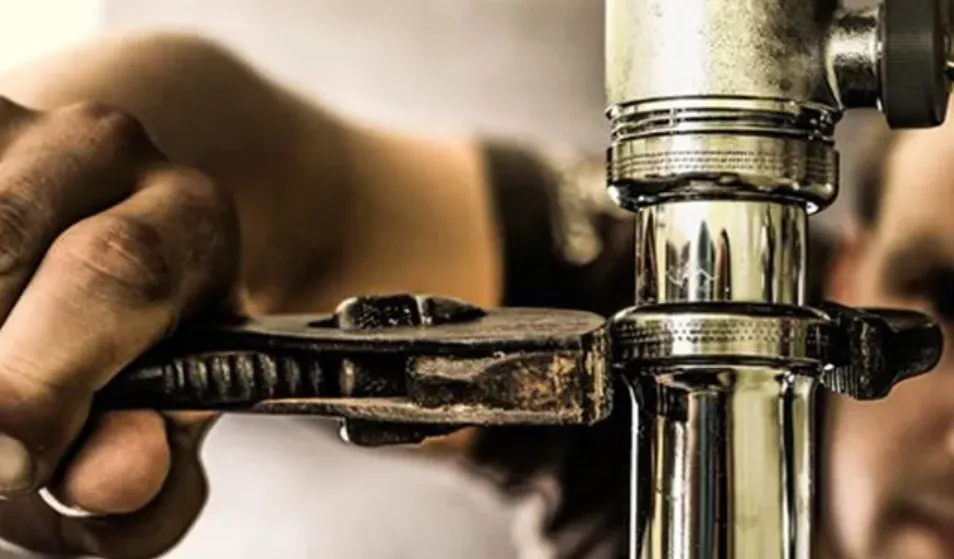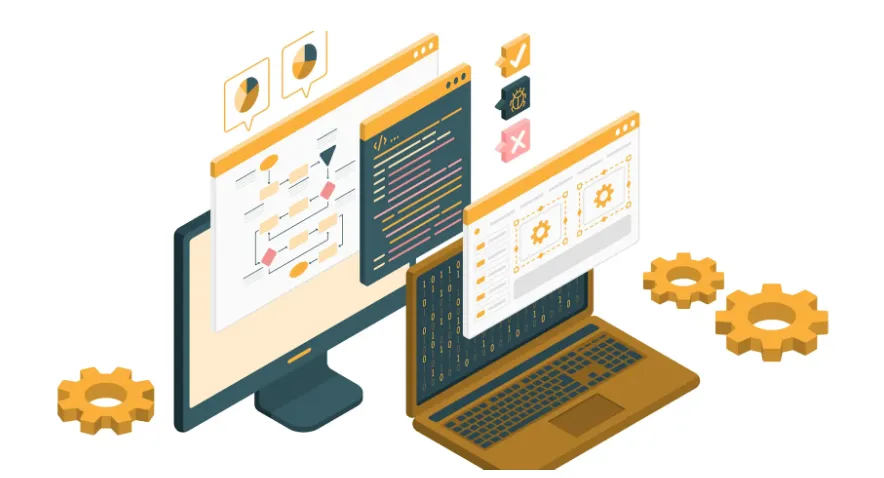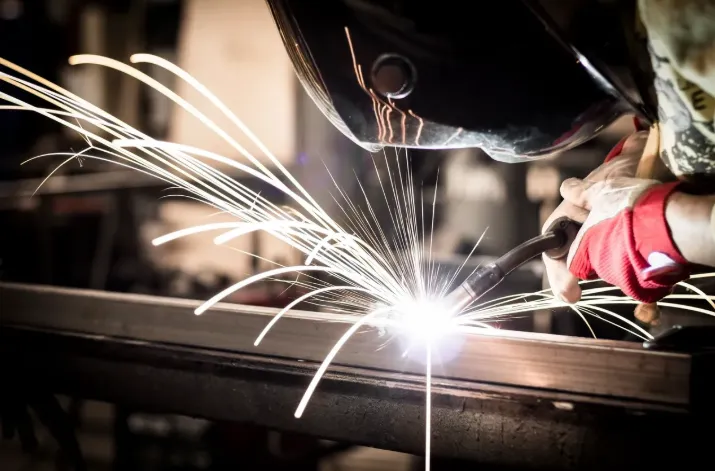In today’s fast-paced world, maintaining a home or commercial property can be a daunting task, especially when it comes to handling water-related issues. Understanding effective water removal techniques, knowing how to tackle plumbing emergencies, and adhering to essential maintenance tips are crucial for preserving the integrity of your property. In this guide, we will delve into these topics to help you stay prepared and proactive.
Contents
Mastering Water Removal: Techniques and Tips
Water removal isn’t just about mopping up a spill; it involves a strategic approach to ensure that your property remains dry and damage-free. To learn more about professional water removal services, visit http://www.drquickdry.com. Here’s what you need to know:
Quick Response is Key
When dealing with water damage, time is of the essence. The faster you act, the less damage you’ll face.
Fact: Did you know that mold can start growing within 24 to 48 hours of water exposure? Rapid removal of water is critical to preventing mold infestations.
Use the Right Equipment
Investing in high-quality water removal tools can make a significant difference. Consider tools like:
- Wet vacuums
- Submersible pumps
- Dehumidifiers
These tools can help extract water efficiently and reduce moisture levels, which are crucial for preventing further damage.
Assess and Address the Source
Before you start the cleanup, identify the source of the water. Whether it’s a burst pipe or a leaking roof, addressing the root cause will prevent the problem from recurring.
Tip: In cases of severe flooding, it might be best to consult professionals who can provide specialized equipment and expertise.
Handling Plumbing Emergencies: What You Need to Know
Plumbing emergencies can strike at any time, and knowing how to respond can save you from costly repairs and major inconveniences. For expert advice and immediate assistance, visit www.sandiegoemergencyplumbing.com/ website.
Shut Off the Water Supply
One of the first steps in any plumbing emergency is to shut off the water supply. This will stop further damage and give you time to assess the situation.
Fun Fact: The average home has a main water shut-off valve located in the basement, crawl space, or near the water meter. Knowing its location can save you from potential disasters.
Clear Blockages with Care
For minor clogs, using a plunger or a drain snake can often solve the problem. Avoid chemical drain cleaners as they can sometimes worsen the situation.
Know When to Call a Professional
If you encounter issues like broken pipes, severe leaks, or persistent blockages, it’s wise to call a plumber. Professional plumbers have the tools and expertise to handle complex problems safely and effectively.
Important Note: Even minor plumbing issues can sometimes be indicative of larger problems. Regular inspections can help catch these issues before they become emergencies.
Essential Maintenance Advice: Keeping Your Systems in Check
Preventive maintenance is crucial for ensuring the longevity and efficiency of your plumbing and water removal systems. Here are some tips to keep everything running smoothly:
Regular Inspections
Schedule regular inspections of your plumbing system to catch potential issues early. Look for signs of wear and tear, such as rusted pipes or water stains on walls and ceilings.
Interesting Fact: Regular maintenance can extend the life of your plumbing system by up to 50%, saving you money in the long run.
Clean Your Drains
Avoid clogs by cleaning your drains regularly. Use strainers to catch hair and debris and flush your drains with hot water and baking soda once a month.
Winterize Your Plumbing
In colder climates, winterizing your plumbing is essential to prevent pipes from freezing and bursting. Insulate pipes, let faucets drip during extreme cold, and keep your home at a consistent temperature.
Tip: Pipe insulation is inexpensive and easy to install. It’s a small investment that can prevent major headaches during the winter months.
Navigating water removal, plumbing emergencies, and regular maintenance doesn’t have to be overwhelming. With the right knowledge and tools, you can handle these challenges effectively and keep your property in top shape. Remember, the key is to act promptly, use appropriate methods and tools, and never hesitate to seek professional help when needed. By staying informed and prepared, you can safeguard your property from the unexpected and ensure a safe and comfortable environment for years to come.









